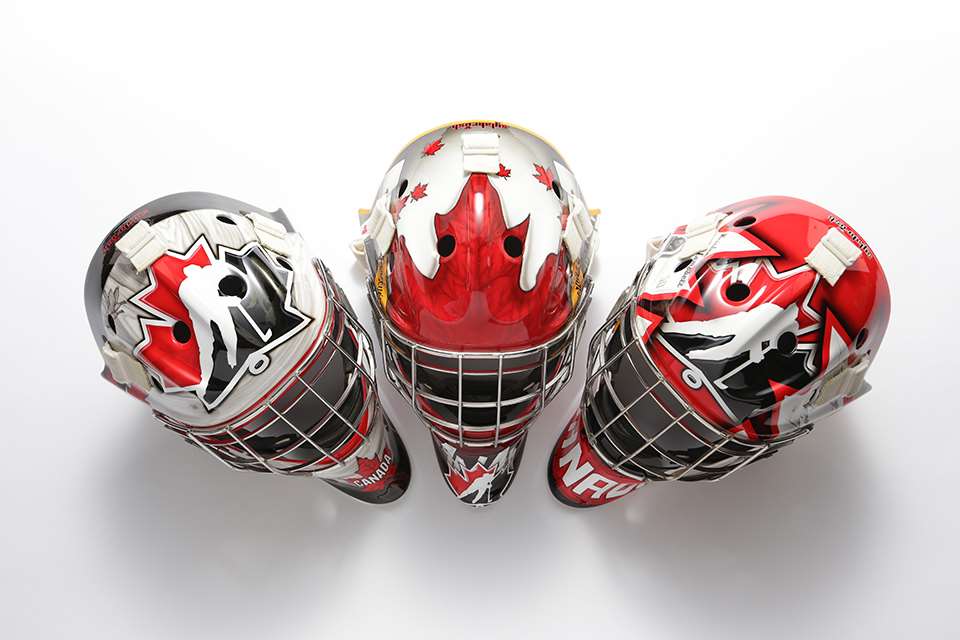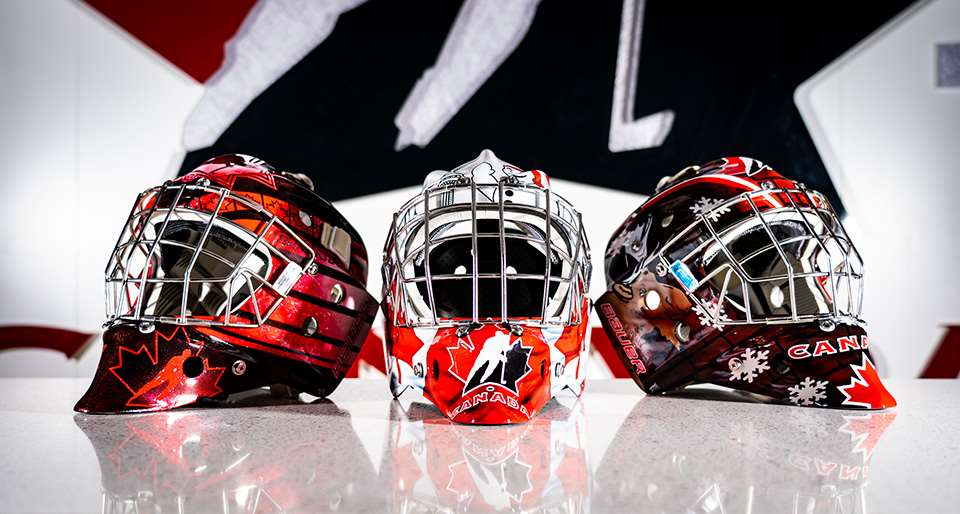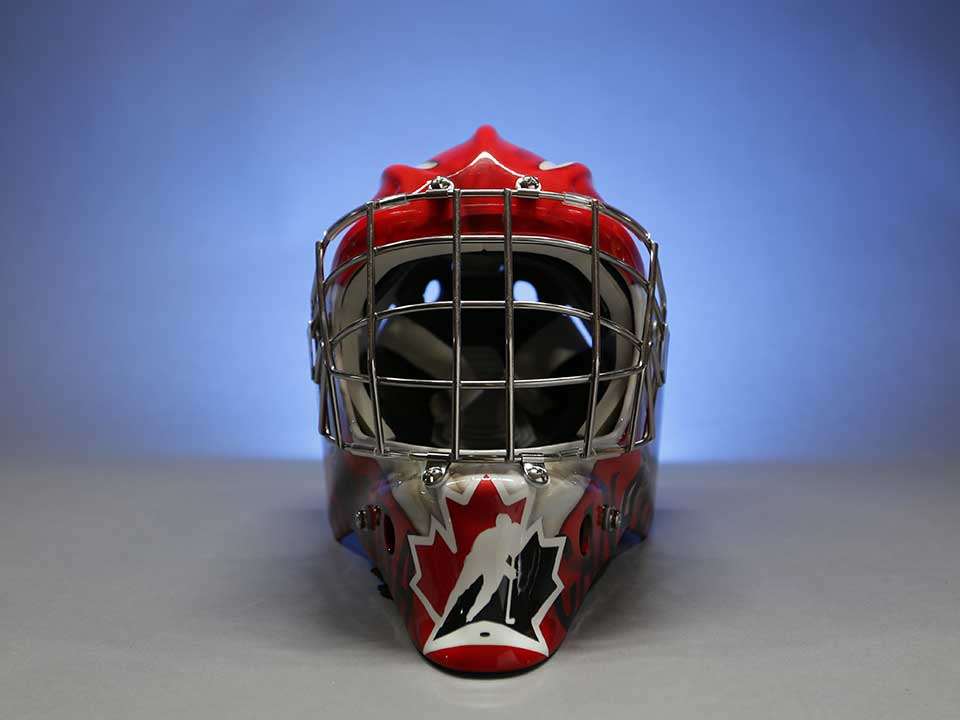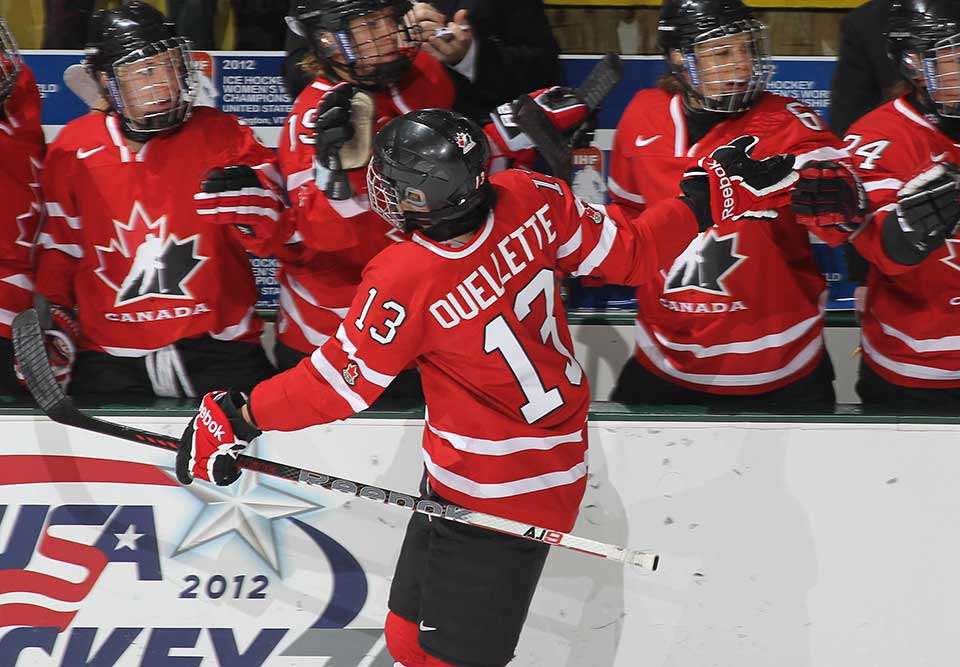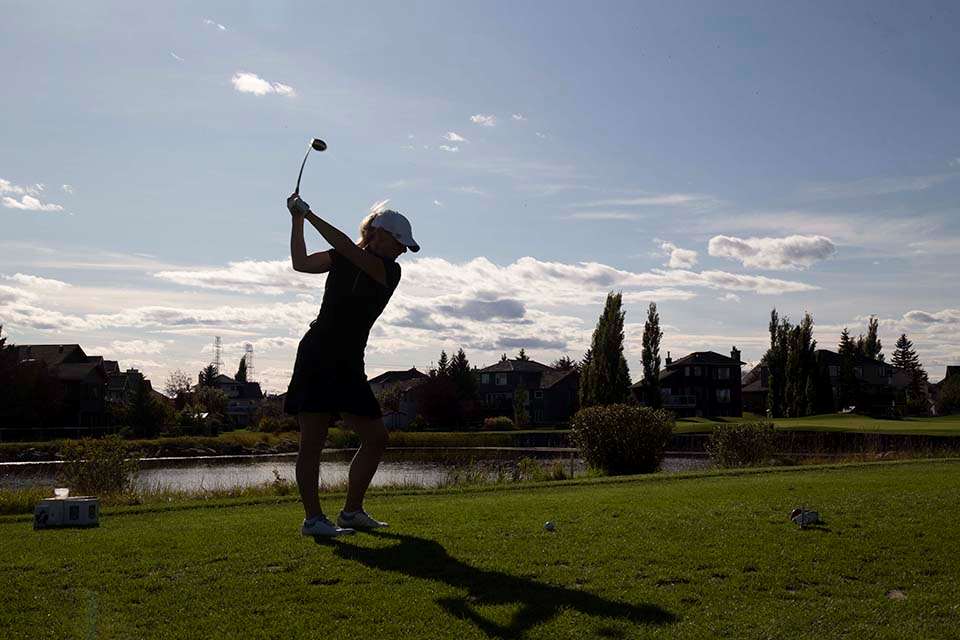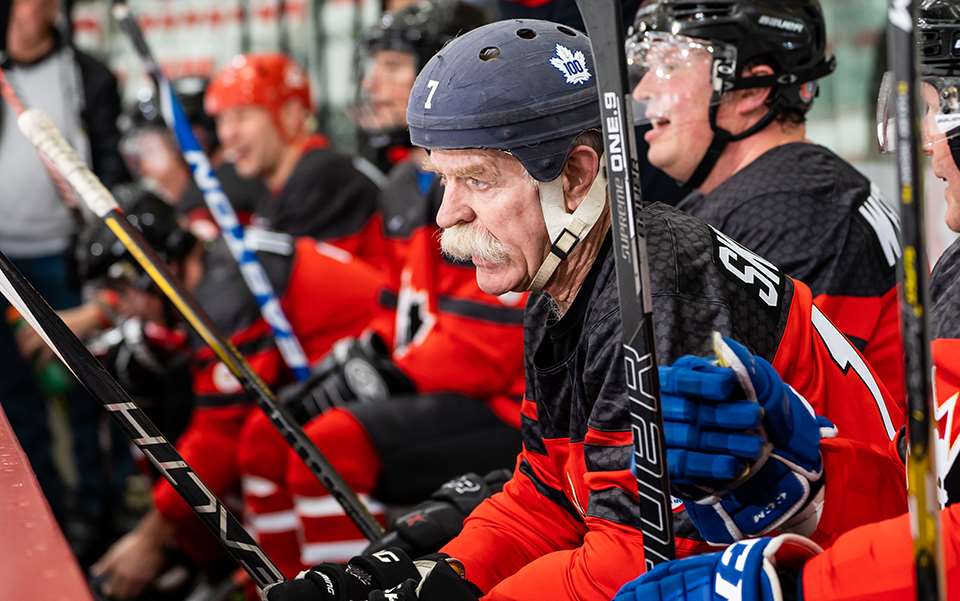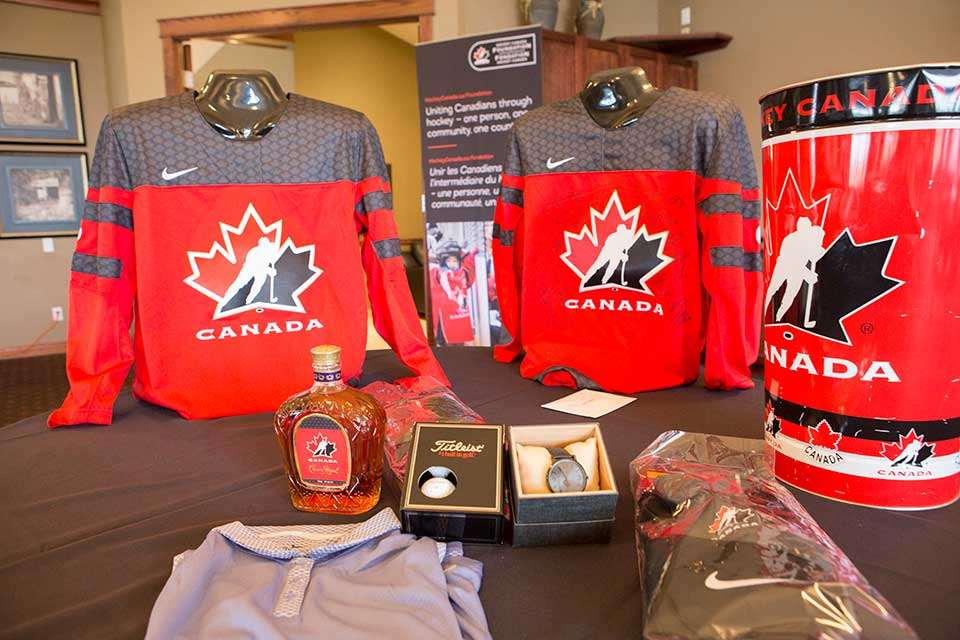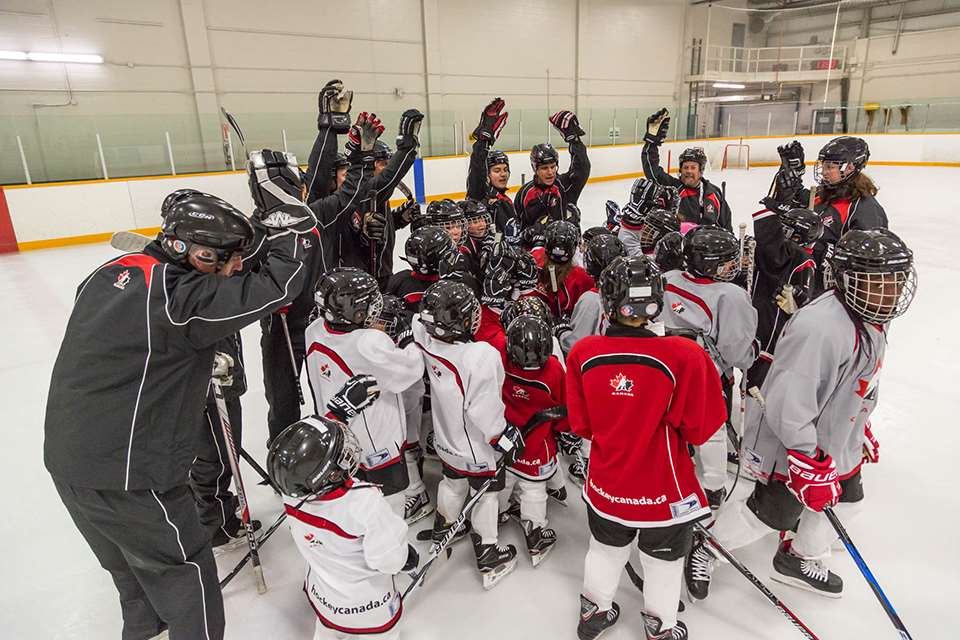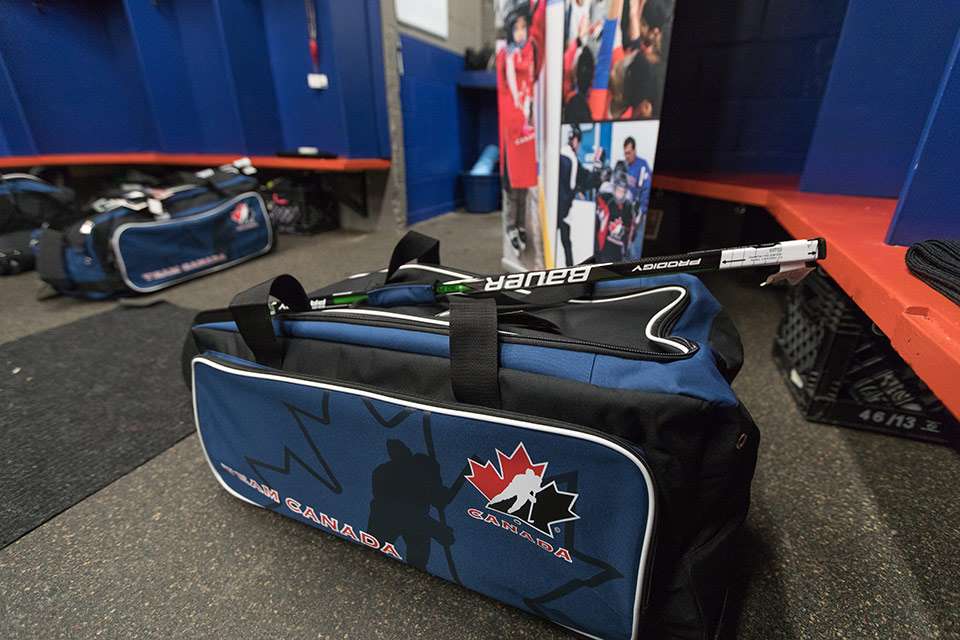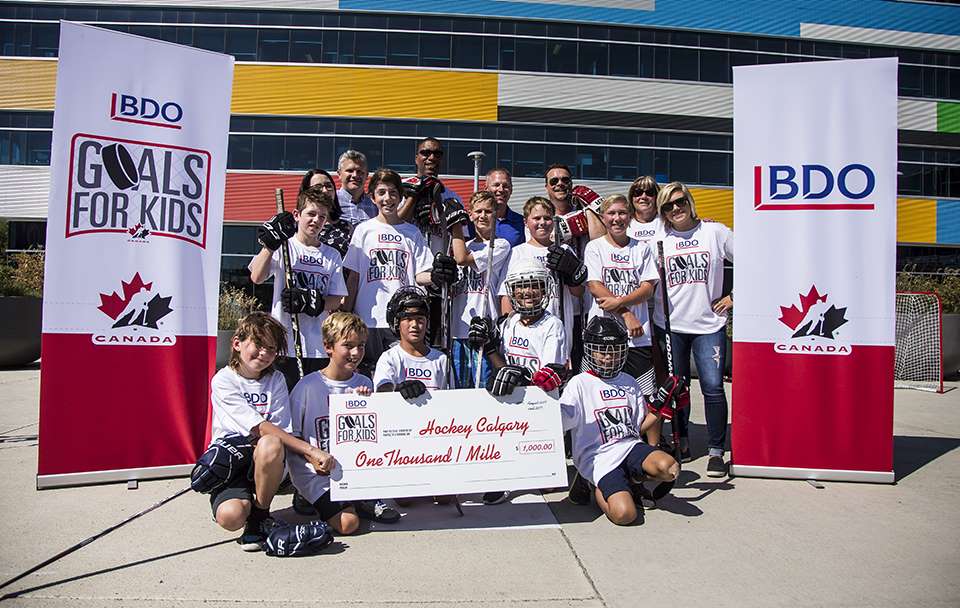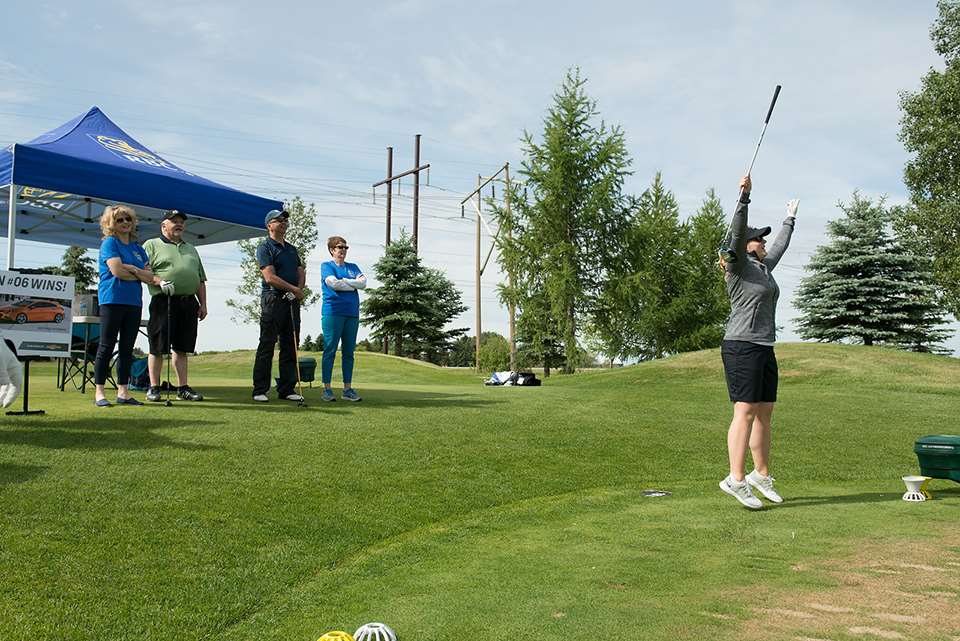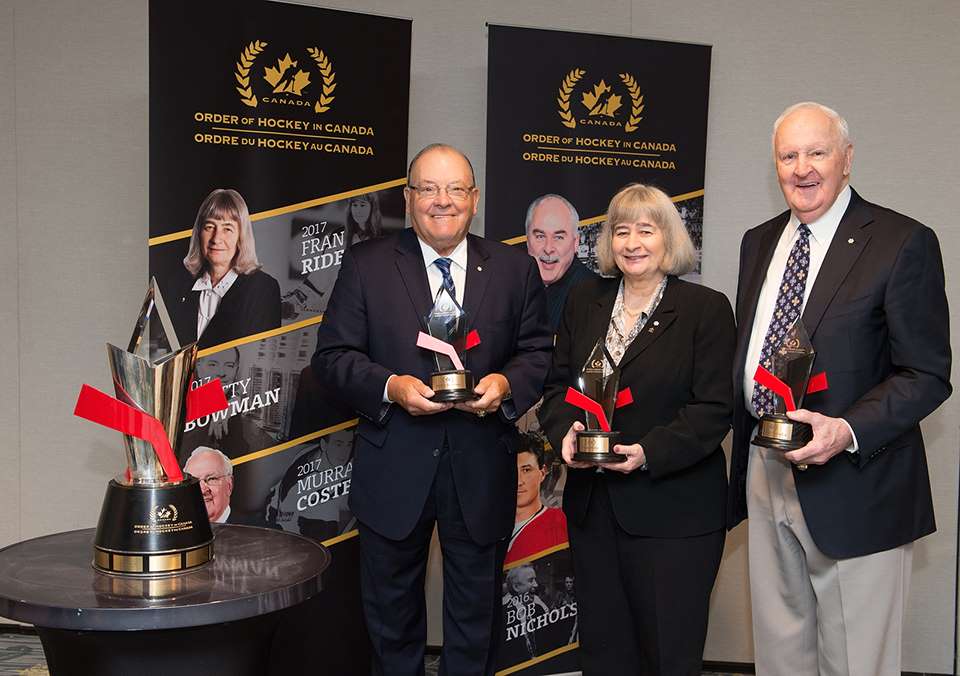2017 Hockey Canada Award Winners
Outstanding Volunteer Award
Outstanding contribution to amateur hockey and Hockey Canada
Denis Baillairge
There are few minor hockey leagues in Canada that produce future NHL stars like the Ligue de hockey midget AAA du Québec. From legends like Mario Lemieux, Luc Robitaille and Pierre Turgeon to current pros like Patrice Bergeron, David Desharnais and Jonathan Drouin, the league’s alumni list reads like a who’s who of French Canadian hockey.
Many of those players, and the thousands who have come through the LHMAAAQ in the last 40 years, have benefitted from the knowledge and vision of Denis Baillairgé, the winner of the Outstanding Volunteer Award.
From his start in 1978 as an assistant coach with the Insulaires de Laval, to 18 seasons as president, Denis has shaped the LHMAAAQ, and turned it into the envy of Midget leagues across the country.
His coaching career, which included two seasons with Laval and a half-year with the Angevins de Bourassa was short, but Denis was just getting started. In 1983 he became president of the Pionniers de Laurentides-Lanaudière, and two seasons later joined the league office as secretary-treasurer.
In 1987 he took over the position of LHMAAAQ president, beginning a 16-year run in the top job.
Denis was a man of action as president, helping design the anti-drugs, doping and alcohol program in the late 1980s, creating new opportunities for student-athletes, and overseeing the growth of the league.
But it wasn’t just the LHMAAAQ that benefitted from Denis and his passion for the game. He played a leading role in the creation of the Quebec Esso Cup in 1985, an event that has developed into one of the biggest on the Hockey Canada calendar, the World Under-17 Hockey Challenge.
Denis worked closely with Hockey Quebec, sitting on the Board of Directors from 1985 to 2003, and on the provincial committee for tournaments and championships from 1985 to 1999. He was also involved in the Open Ice Summit in 1998, taking his years of experience to the national level.
Denis stepped away from the LHMAAAQ in 2003 after 16 years and six gold medals at Canada’s National Midget Championship, but returned to the position in 2015 to once again provide direction for the future of Midget hockey in Quebec, with an opportunity to add to an already-impressive legacy.
Gordon Juckes Award
Contribution to national development of amateur hockey in Canada
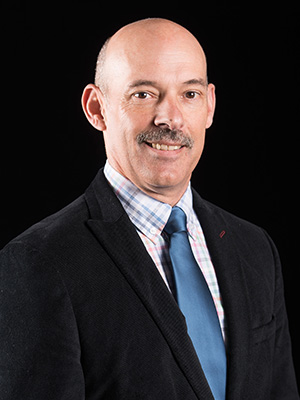 Maurice Arsenault
Maurice Arsenault
It comes as no surprise that teachers often make the best coaches. After all, what is a coach but a specialized teacher? Someone who can develop their students, whether on the ice or in the classroom. Maurice Arsenault fits the description to a ‘T’, which is exactly why he is a deserving recipient of the Gordon Juckes Award.
With close to three decades of experience as a teacher, Maurice has built an impressive résumé across New Brunswick, both within the school system and local minor hockey association.
A former technical director with the Kennebecasis Valley Minor Hockey Association, he was also responsible for the creation of the first Hockey Canada Skills Academy in the province, at Rothesay High School, and played a leading role in implementing the Hockey Canada Speak Out program – designed to educate on and prevent bullying, harassment and abuse – across New Brunswick.
Maurice has been leaving his mark at the national level since the mid-1990s, serving as a course conductor for the National Coach Certification Program and Hockey Canada Safety Program, and joining the writing group for the Novice edition of the Hockey Canada Skills Manuals.
In addition to his work as an administrator, Maurice stepped behind the bench in 1999 and has shared his knowledge at every level of minor hockey, from Initiation through Major Midget, earning an Advanced Level I certification through the NCCP.
Maurice has given his time at the provincial level, working with New Brunswick’s female under-15 and under-18 teams in recent years, and he reached the national stage last spring, serving as an assistant coach with the Saint John Vito’s as the host team claimed a historic silver medal at the TELUS Cup, Canada’s National Midget Championship.
Provincially, Maurice was honoured in 2015 with the Vance Toner Development Award from Hockey New Brunswick, which recognizes an individual who has exemplified strong qualities as a teacher, coach and administrator not only within their community, but throughout the province of New Brunswick. For those same qualities, and many more, he is deservedly recognized now on a national level.
Female Breathrough Award
Outstanding contribution to advancing female hockey
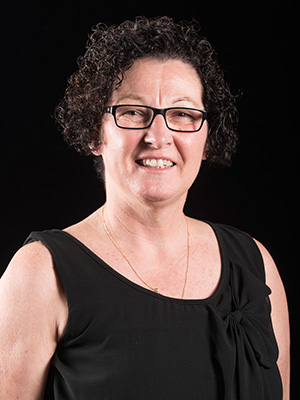 Nancy Macmillan
Nancy Macmillan
When Nancy MacMillan first laced up her skates with the women’s hockey team at the University of P.E.I. in 1976, or when she first stepped behind the bench with the Midget girls team in her hometown of O’Leary in 1990, she likely didn’t expect the game to take her where it has.
More than 40 years after she first wore the colours of the Lady Panthers, there are few in Atlantic Canada, and even across the country, who have had the impact on women’s hockey Nancy has, and that is why she is this year’s winner of the Hockey Canada Female Breakthrough Award.
Nancy truly has done it all. She has represented her province on the national stage as a player, coach and administrator, from the national women’s championship to the Canada Winter Games and Team Canada camps.
When her playing days were done Nancy went into coaching, working with teams from one side of P.E.I. to the other, in Atom, Bantam, Midget and Senior hockey. She was part of the staff at Atlantic Challenge Cups, National Women’s Under-18 Championships and Canada Winter Games, sharing her experience with hundreds of players.
She joined Hockey P.E.I. Development Council in 1999 and became chair in 2007, eventually spending 15 years helping shape the game on the island. She made a significant contribution to provincial programming and was a tremendous contributor to the national scene, working to champion the development of female hockey from the grassroots to the elite level, and quickly becoming the face of female hockey on P.E.I.
Nancy has worked to introduce P.E.I. to the nation, joining the mission staff for the Canada Winter Games, most recently in 2015, and to welcome the nation to P.E.I., serving on the host committee for Atlantic championships and the Esso Women’s Nationals.
She has never failed to give her time to a cause in the game, be it on the ice, behind the bench or in the boardroom, and her selflessness has made her a role model for so many of those she has come in contact with through the years.
Officiating Award
Outstanding contribution to officiating at the branch and national levels
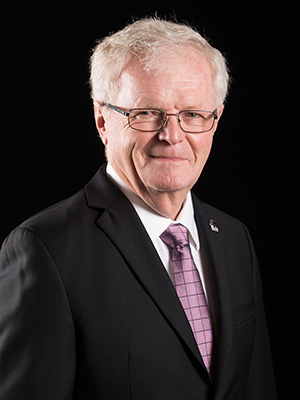 Claude Frappier
Claude Frappier
It has been 47 years since Claude Frappier first stepped onto the ice with a whistle on his fingers, and almost five decades later the winner of the Hockey Canada Officiating Award continues to have an impact on referees and linesmen across Quebec.
Claude got his start as an official in 1970, and quickly worked his way through the system with Hockey Richelieu; he earned his Level III certification in 1976, which he maintains to this day.
While he donned the stripes on the ice, Claude became involved in the administrative side of things in 1977 as referee-in-chief of the small town of Tracy, and led the merger that created the Sorel-Tracy officials association two years later.
He joined the regional officiating committee in Richelieu in 1980, and worked his way to a position with the provincial elite program with Hockey Quebec in 1983, beginning a relationship with the member branch that has reached 34 years.
Claude has left his mark across the province, assisting in the development of NHL officials Jean Morin and François St-Laurent among the hundreds he has come in contact with over the years.
He stepped into the role of regional referee-in-chief for Hockey Richelieu in 1984 and never left, recently completing his 34th year in the position. He is the elder statesman of Quebec RICs and has acquired an uncanny knowledge of the rules of the game.
As a teacher, Claude prides himself on continuing to learn new things, and put that knowledge towards a master’s degree from the Université de Sherbrooke in 1999, including a thesis titled “Cooperative Learning Adapted to the Interpretation of the Rules of Ice Hockey.”
He has meticulously worked to ensure the accuracy of the rulebook and casebook with Hockey Canada in English and French over the last 20 years, and was a member of the national committee responsible for revamping the Hockey Canada Officiating Procedures Manual.
The recipient of the Paul Cazeau Trophy from Hockey Quebec in 2011 for his efforts within the officiating community, Claude has certainly earned the national award for a lifetime of dedication to his craft.
Order Of Merit (Atlantic)
An individual who has served amateur hockey faithfully
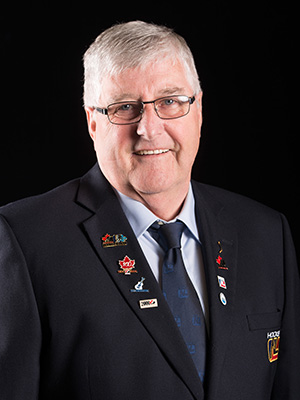 Ken Williams
Ken Williams
When hockey happens anywhere on the Southern Shore of Newfoundland & Labrador, there’s a pretty good chance Ken Williams is involved. For more than 35 years he has been one of the faces and voices for the game in his home province, and for this he is the deserving winner of the Hockey Canada Order of Merit.
From his start on Maggoty Cove Pond in Bay Bulls to his work on a national level with Hockey Canada and Hockey Newfoundland & Labrador, Ken has continued to find ways to give back to the game, and to do his part to make hockey better throughout Atlantic Canada.
After a short playing career in the Southern Shore Junior League, Ken returned to the game rather inconspicuously; in 1986 the decision was made to construct an arena on the Southern Shore, and he played a leading role in seeing the project through to completion.
When it came time to choose a manager for the arena, Ken was an obvious choice, and he was soon elected as the founding president of the Southern Shore Minor Hockey Association, an organization he continues to give his time to almost three decades later.
But he was quick to branch out from that role. Ken played a major part in organizing the Avalon West Hockey League, serving as its first president in 1993, and also volunteered as treasurer for the Avalon East league.
He had an interest in the women’s game and was instrumental in reviving senior female hockey at the provincial level, working to get Newfoundland & Labrador back on the map nationally. He served as a director with the provincial female committee for several years, and left a lasting impression.
Ken was proud to chair Senior Council in Newfoundland & Labrador, and was honoured to work as a representative with Hockey Canada, continuing to trumpet the impact of senior hockey at a national level.
With all he did for the game, it was no surprise to see Ken celebrated with induction into the Hockey Newfoundland & Labrador Hall of Fame as a builder in 2015, a fitting tribute to a man who gave so much to the game.
Order Of Merit (West)
An individual who has served amateur hockey faithfully
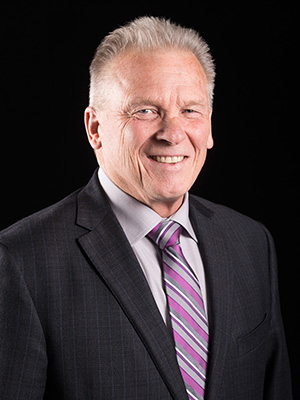 Gary Vivian
Gary Vivian
As long as there has been a Hockey North, Gary Vivian has been there. He has become synonymous with the member branch while serving in a number of roles over the last two decades, so it comes as no surprise that Gary is the recipient of the Hockey Canada Order of Merit.
Starting behind the bench in 1977 – the year he moved to Yellowknife from Calgary – Gary became one of the most successful coaches in the North. He won gold and silver at the Arctic Winter Games in 1998 and 2000, and worked with Midget teams that competed in Air Canada Cup playdowns in 2001 and 2002.
But as good as Gary was as a coach, his true calling was in the boardroom. In 1991 he took over as president of the Yellowknife Minor Hockey Association, a position he held until 1997, when he joined the newly-created Hockey North as a member of the board of directors.
He quickly worked his way through the organization, taking on roles with Senior Council, Minor Council and Hockey Development Council, which allowed him access to Hockey Canada and a national platform.
Gary has been a tireless supporter of hockey in the north, despite the challenges. Hockey North has the smallest registration of any member branch but covers a massive area, with thousands of kilometres separating minor hockey associations.
In 2004 he rose to become president of Hockey North, earning a seat on the Hockey Canada board of directors and taking a deserved spot among the decision-makers of the game, where his voice could be heard and his passion could be on full display.
He spent 11 years as president before stepping away from the position in 2015, although he remains past president and treasurer, contuining to support the member branch in any and all ways possible.
And he has done it all while holding down a full-time career as a decorated geoscientist; in 2014, Gary was honoured with the Canadian Professional Geoscientist Award, proving his passion for his day-to-day work matches what he has shown as a hockey volunteer.
Gary has proudly represented the Northwest Territories and the entire North, willingly accepting any challenges and taking on any tasks in the name of building a better and stronger game.
Order Of Merit (Central)
An individual who has served amateur hockey faithfully
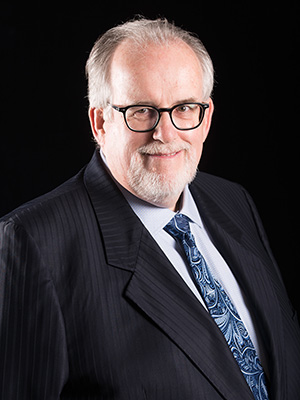 Brad Grant
Brad Grant
Leaders in our game become leaders for a variety of reasons. Some simply follow a natural progression, some are driven by a desire to make hockey better, and some feel the time is right and they have something to offer. Brad Grant, chairman of the Ontario Hockey Association and the recipient of the Hockey Canada Order of Merit, is all three.
For more than 30 years, from the time he saved his hometown Milton Merchants from extinction in 1986, Brad has worked to better the game locally and provincially.
What originally started as a three-year plan with the Merchants grew into a 15-year ownership that included a jump from Junior B to Junior A in 1993, five consecutive division titles, seven regular season championships in nine years and a trip to the semifinals of the Royal Bank Cup in 1998.
The team was a winner on the ice, but what mattered most to Brad were the individual successes, sending players to higher levels of hockey, and helping others secure scholarships to further their education.
While the Merchants thrived in Milton, Brad knew he had more to offer the game. When the Ontario Provincial Junior Hockey League was founded in 1998, Brad was the first chairman, helping shape the direction of the new league, and he took a seat on the OHA board of directors.
He served as finance chair of the OHA for 14 years before sliding into the chairman’s seat with an eye on the future, and a list of to-dos to strengthen the game across the province.
Player safety, along with the long-term success of Junior B and Junior C hockey, and changes to the OHA constitution are on his radar as he looks to grow the game today, and leave it in good hands for the next generation.
A trucker by trade, with more than 220 trucks on the road in Eastern Canada and the United States, Brad is no stranger to big jobs, and it is his experience, along with his ability to handle those jobs with ingenuity and creativity that has earned him the respect of the Ontario hockey community.
Hal Lewis Award
Hockey Canada staff person of the year
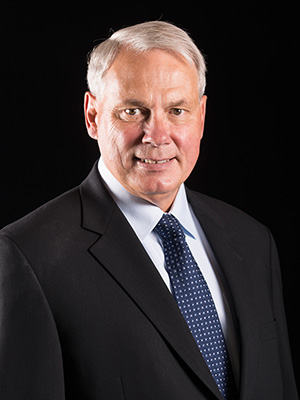 Paul Delparte
Paul Delparte
The driving force behind the financial successes of Hockey Canada over the last two decades, Paul Delparte has earned the respect of so many involved in Canada’s game – inside and outside the Hockey Canada office. That is why, as he counts down his final days as chief financial officer, Paul is the recipient of the Hal Lewis Award as staff person of the year, as voted by Hockey Canada staff.
The 2002 winner of the award, Paul first joined Hockey Canada as an administrative assistant in 1979, working his way through the organization to become vice-president of finance in 1996, and CFO in 2010. He played a leading role in the merger of Hockey Canada and the CAHA in the mid-1990s, relocating from Ottawa.
Heading into retirement this summer, Paul leaves behind a legacy of financial stability, and his fingerprints will long be found on the organization.
Liz MacKinnon Award
Spousal award of a Hockey Canada volunteer
Sherry Roberts
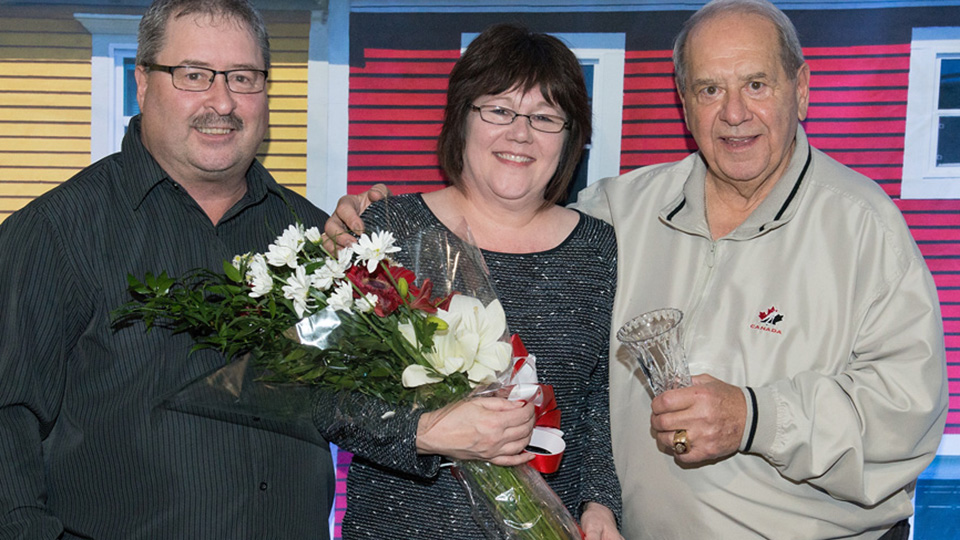
- <
- >


 HOCKEY CANADA
HOCKEY CANADA

